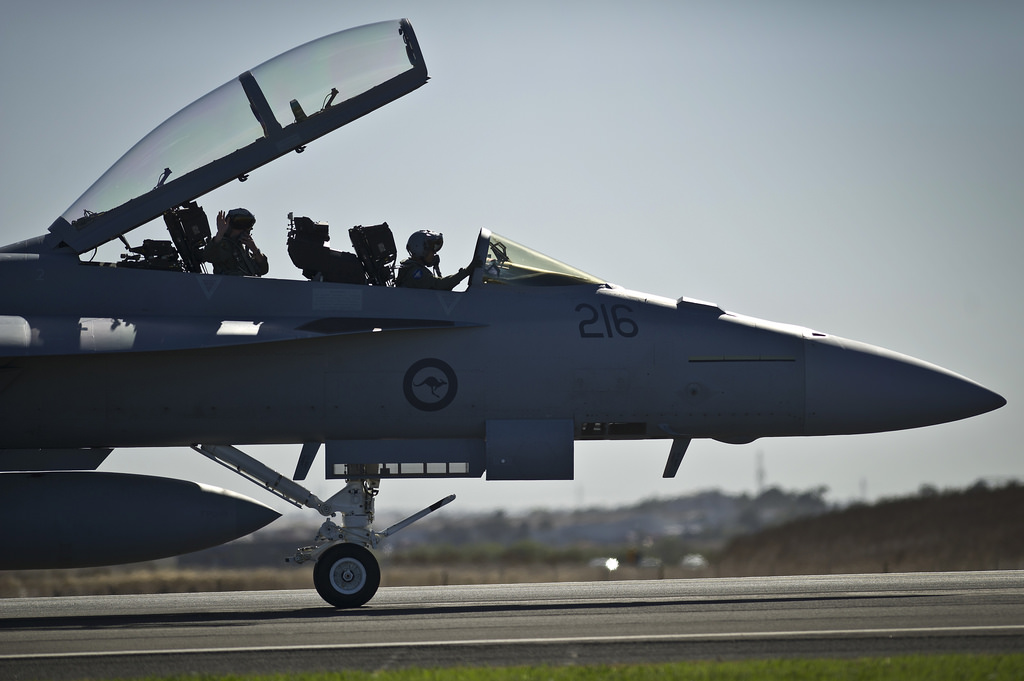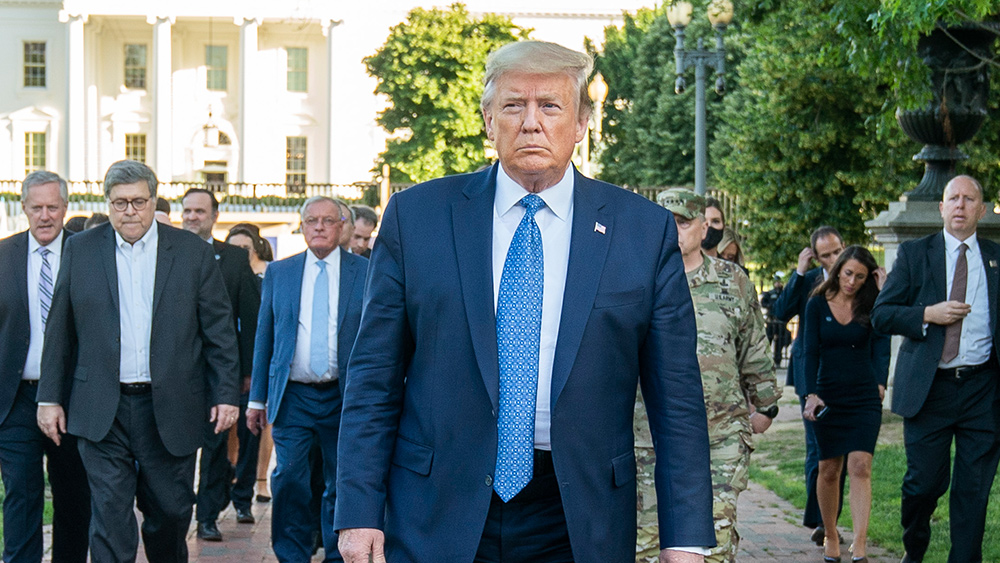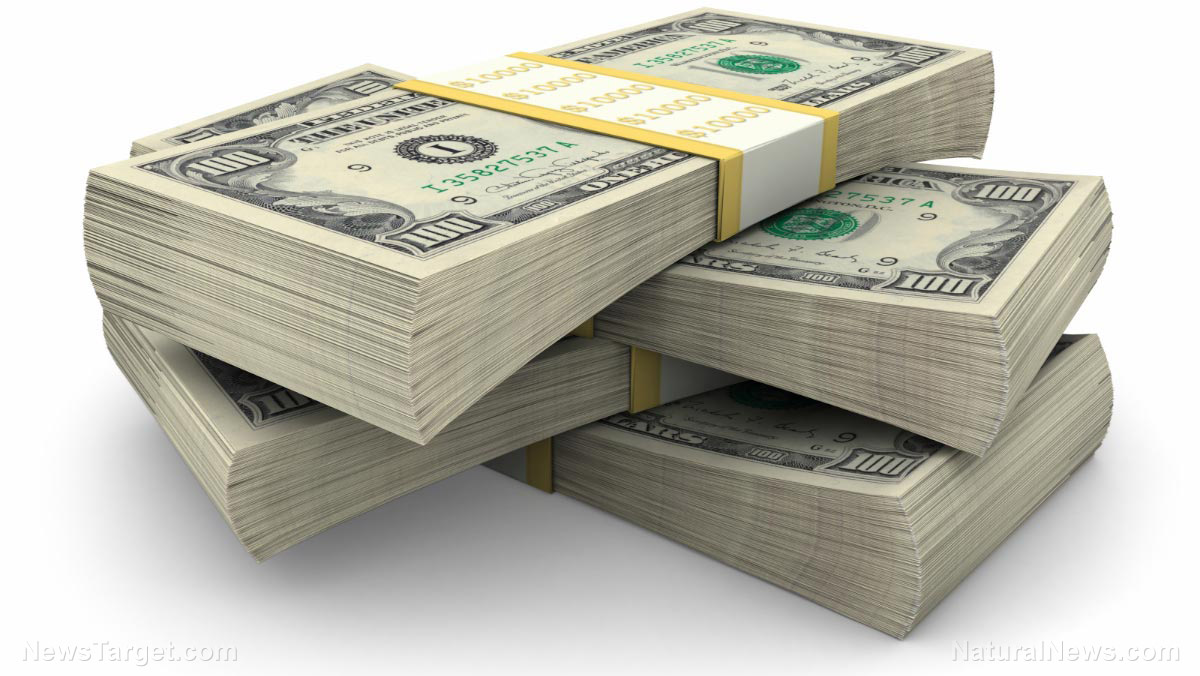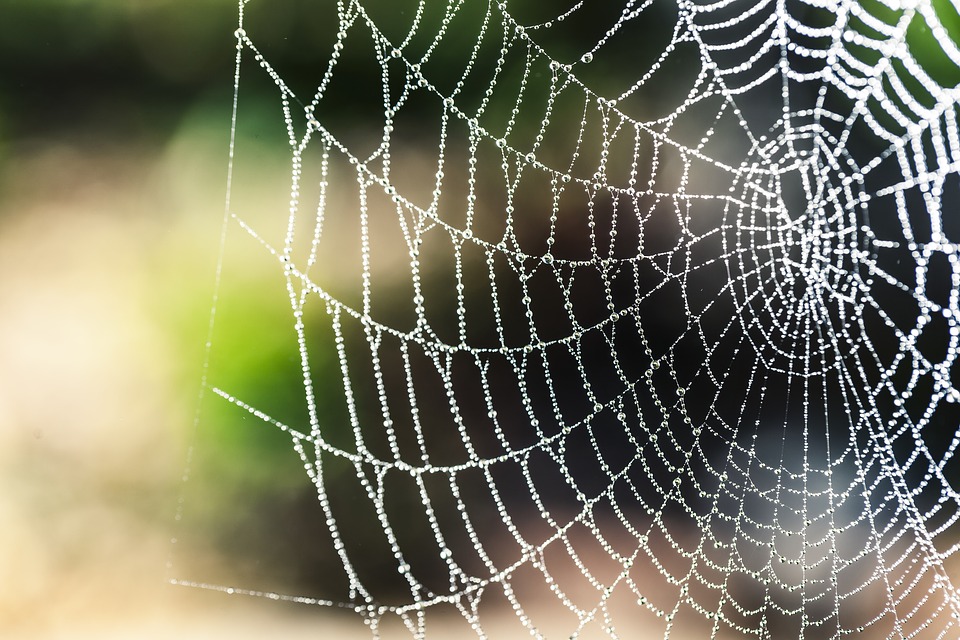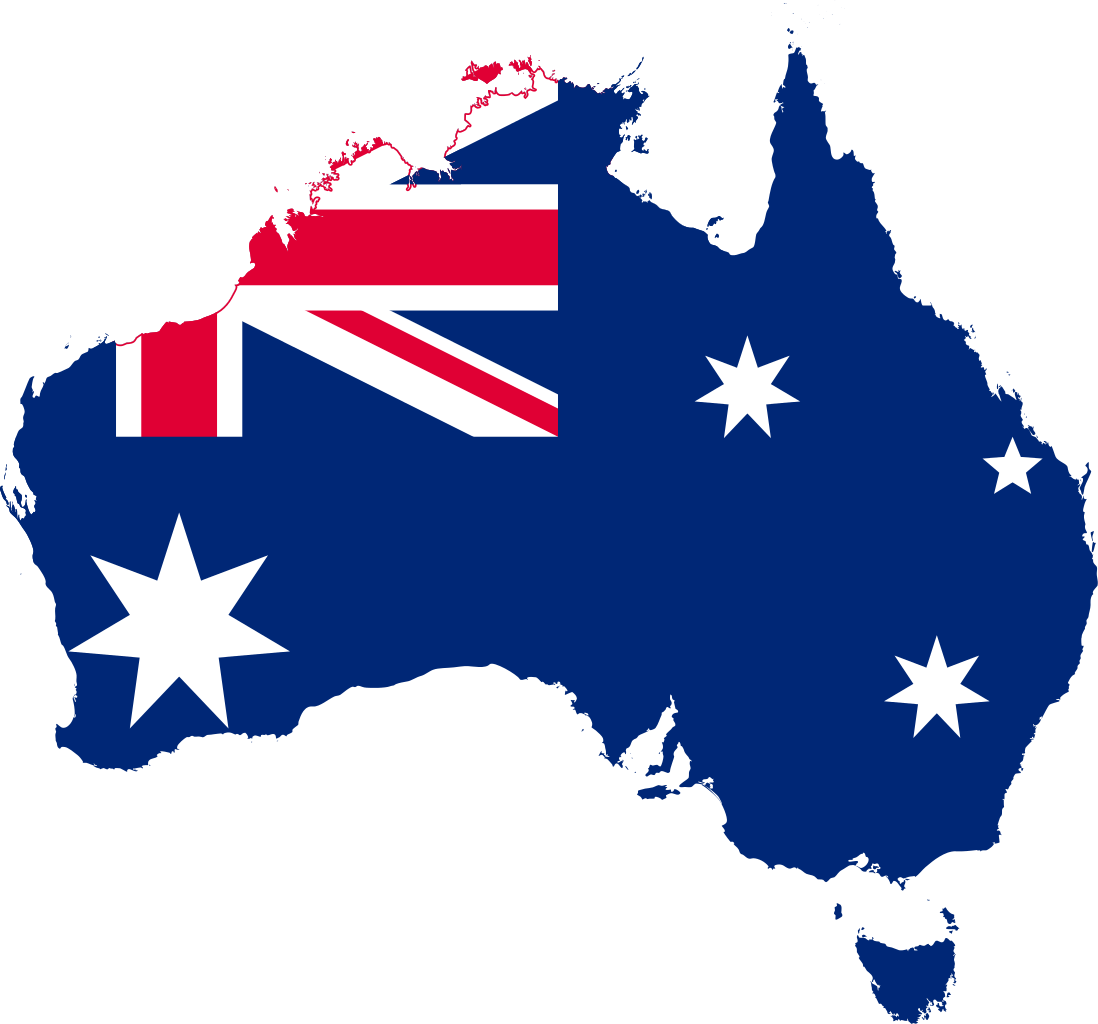
New South Wales, Australia's most populous state, recently reported 478 new cases of COVID-19 and 7 deaths in a 24-hour period despite an ongoing hard lockdown.
There were also 19 reports of new cases in Canberra, which imposed its first lockdown in more than a year last week. The lockdown has already been extended by two weeks as paranoia regarding the delta variant continues.
Victoria Premier Daniel Andrews asserted that authorities will not hesitate to go "door-to-door" to help carry out mandatory coronavirus (COVID-19) tests. He also doubled down on his commitment to pursue a "Zero COVID" policy, which requires economy-crushing lockdowns in response to a handful of new cases.
Andrews also indicated that those who refuse to take the vaccine could be forced to submit to lockdown rules indefinitely. One Australian claimed he was involuntarily taken to a mental institution for having a different opinion about the current situation and reportedly for "refusing to receive the COVID-19 vaccine." The patient was told that he had suffered a nervous breakdown.
"This is a difficult conversation to have with people now, in an almost threatening tone, when people who want to get vaccinated can't because we don't have enough stuff. There will come a time though when I think restrictions will apply to those who have not been vaccinated, rather than restrictions applying to all of us," he said.
Australia's draconian policies are proven ineffective
Sydney, Australia's largest city by population, was the first to enter lockdown seven weeks ago but with little to no success in mitigating the spread of the disease. NSW Premier Gladys Berejiklian said that this has been so far the worst situation in the state since day one of the pandemic.
As the situation continues to escalate, it is becoming more unlikely that Sydney will end its nine-week lockdown on August 28 as originally planned. Authorities, however, had been talking about easing some restrictions if people get vaccinated or if the number of cases falls.
Hundreds of military personnel will be deployed to help enforce lockdowns as the outbreak spreads.
The state of Victoria, which includes Melbourne, also tightened its lockdown restrictions and imposed curfews. The Northern territory went into a 72-hour lockdown after the discovery of a single asymptomatic infection. (Related: Australia to send more troops to Sydney following a single COVID-19 case.)
There are no changes regarding the four essential reasons when people are allowed to leave the home. These essential reasons include shopping for food or other essential goods and services. However, individuals must shop within 5 kilometers of home in greater Sydney.
Those in need of medical care of compassionate needs can also leave home, including those who want to get a COVID-19 vaccine. Exercising outdoors is also allowed, provided that it is in groups of two and no further than the 5-kilometer imposed area. Essential workers and students can also leave home if they cannot work or study from home.
New South Wales increases fines for people breaching restrictions
There's an ever-growing weariness as to how the Australian government is managing the COVID-19 outbreak. Those who remain locked down say that the confined quarters are leading to mental health and anxiety problems. The daily news of expanding case numbers, canceled plans and bypassed opportunities are taking their toll.
The NSW government also increased fines for people found breaching restrictions. Beginning Monday, August 16, on-the-spot penalties include A$5,000 ($3,583) for breaching self-isolation rules; A$5,000 ($3,583) for lying on a permit, which is a criminal offense; A$5,000 ($3,583) for lying to a contact tracer, also already a criminal offense; A$3,000 ($2,164) for breaching the two-person outdoor exercise/recreation rule; and $3,000 ($2,164) for breaching rules around entry into regional NSW.
Get more COVID-19 related updates at Pandemic.news.
Sources include:
Please contact us for more information.
















